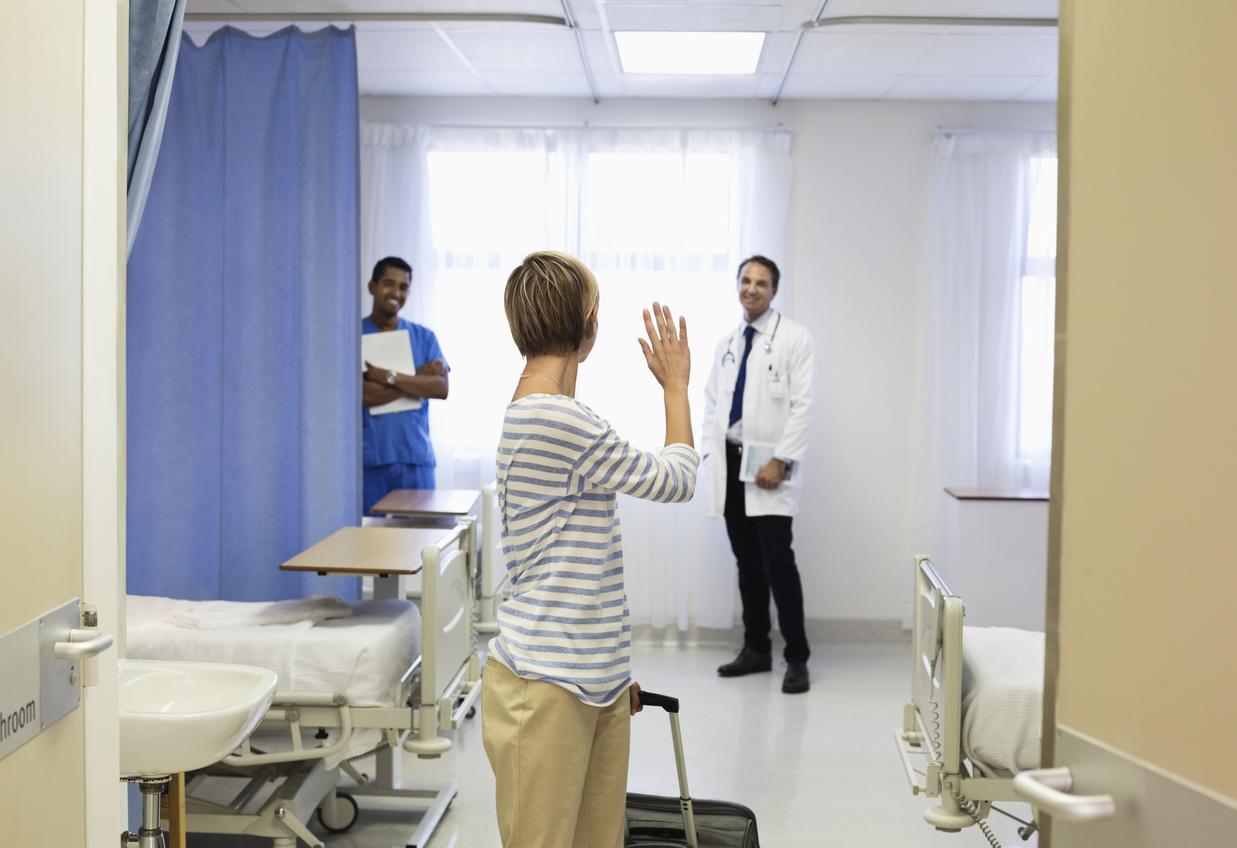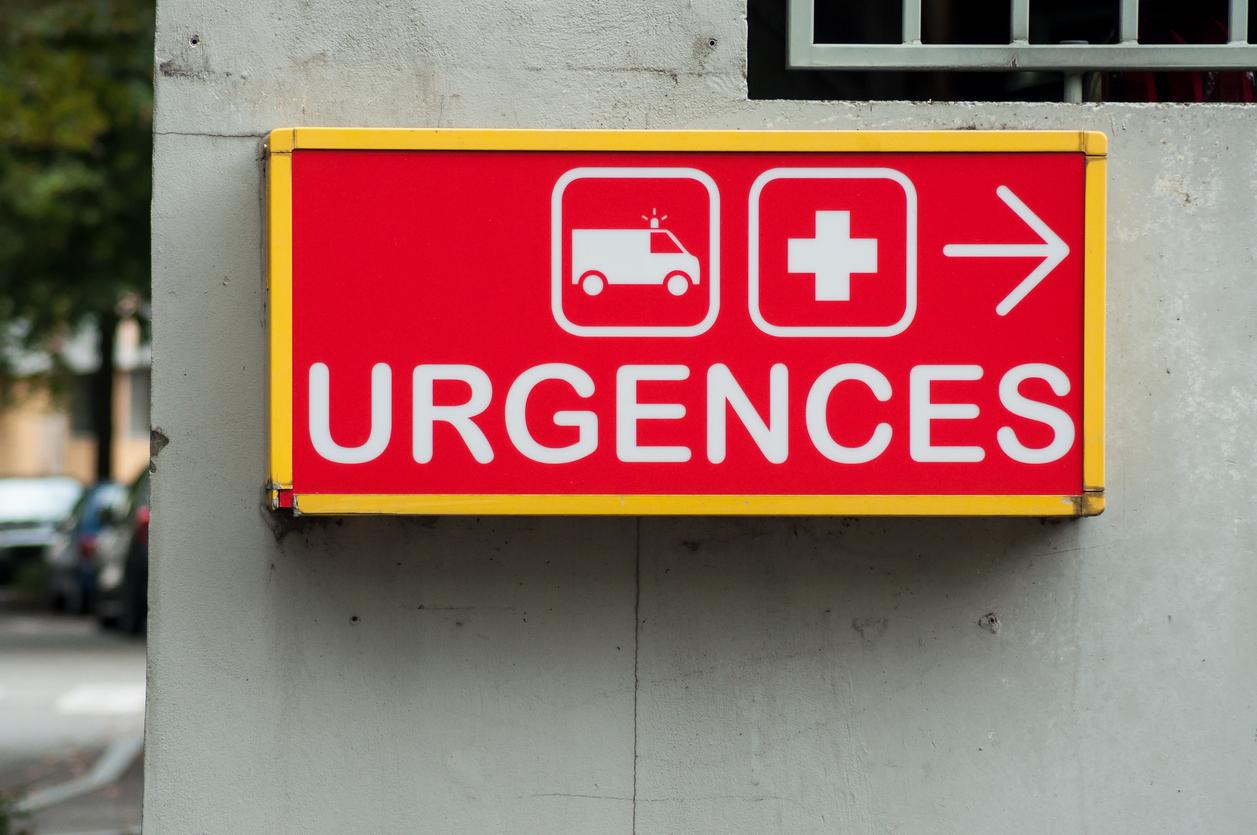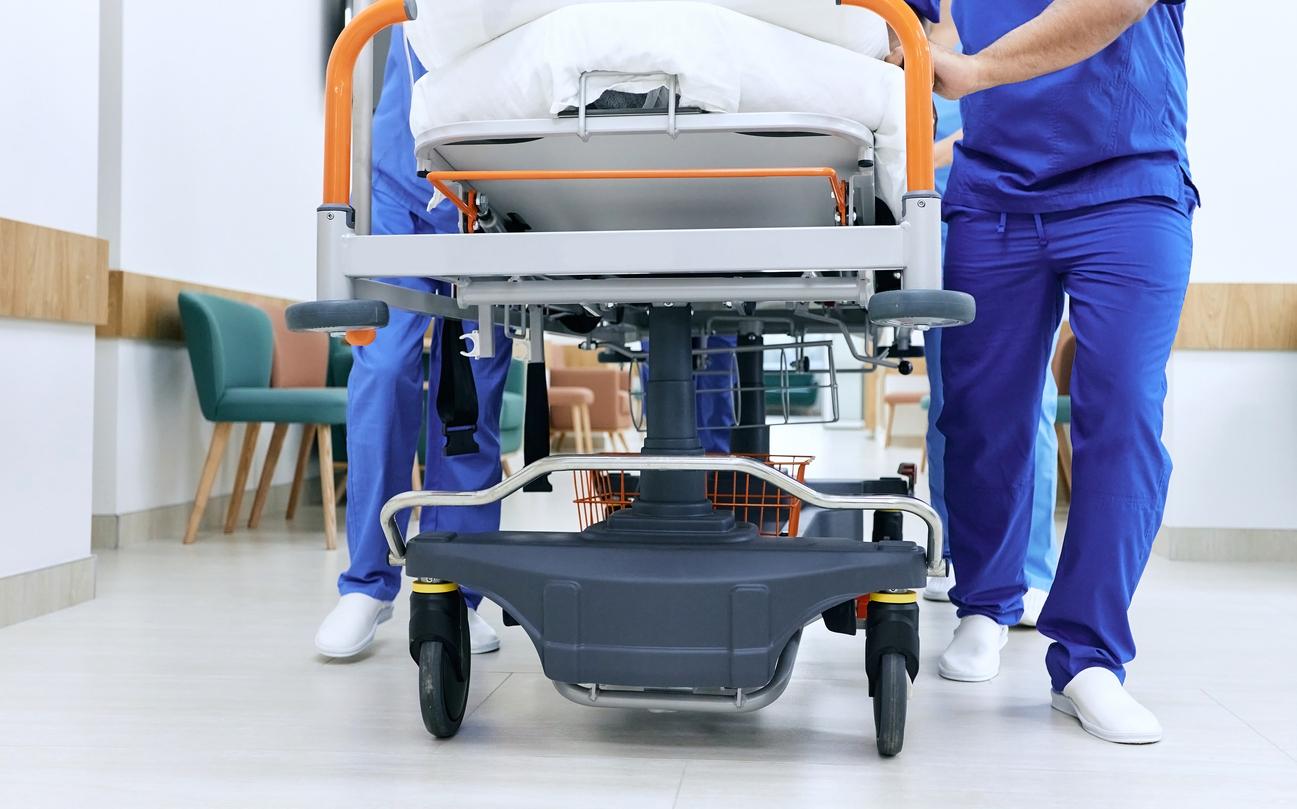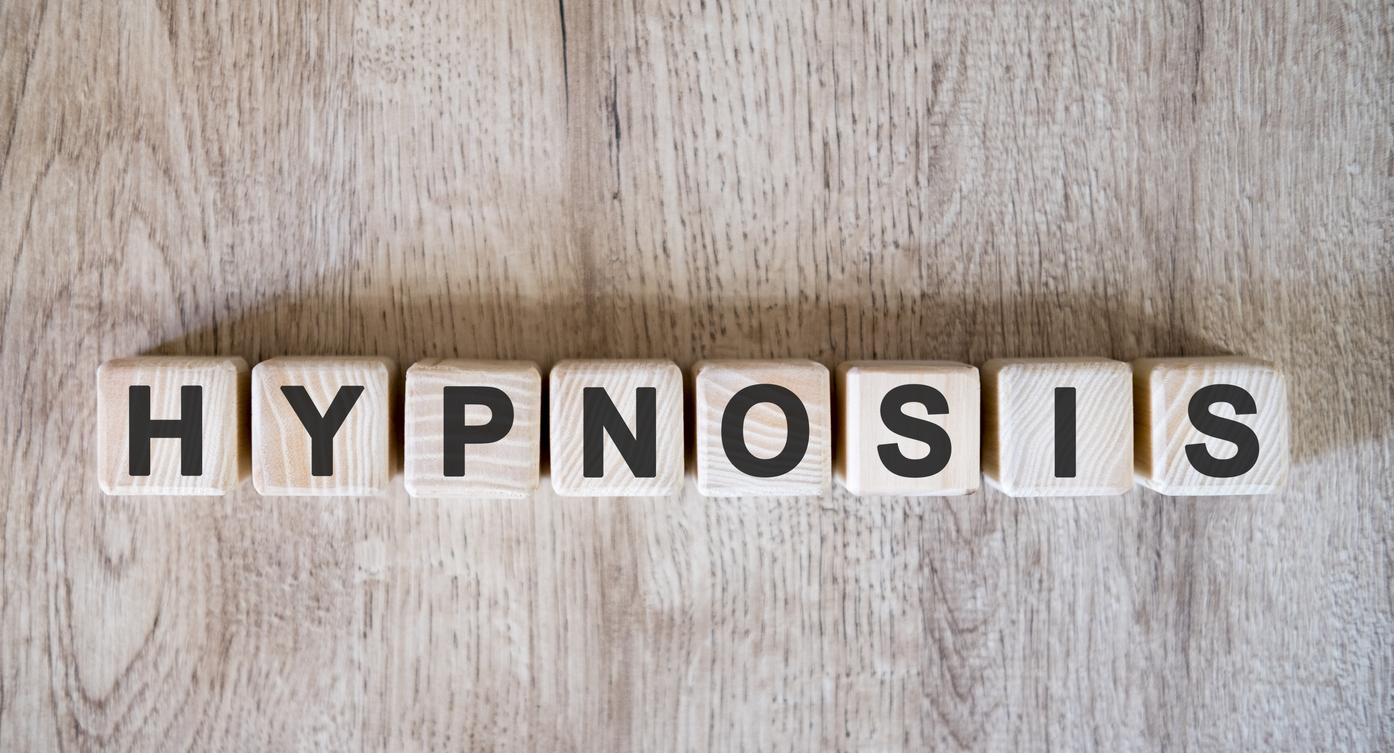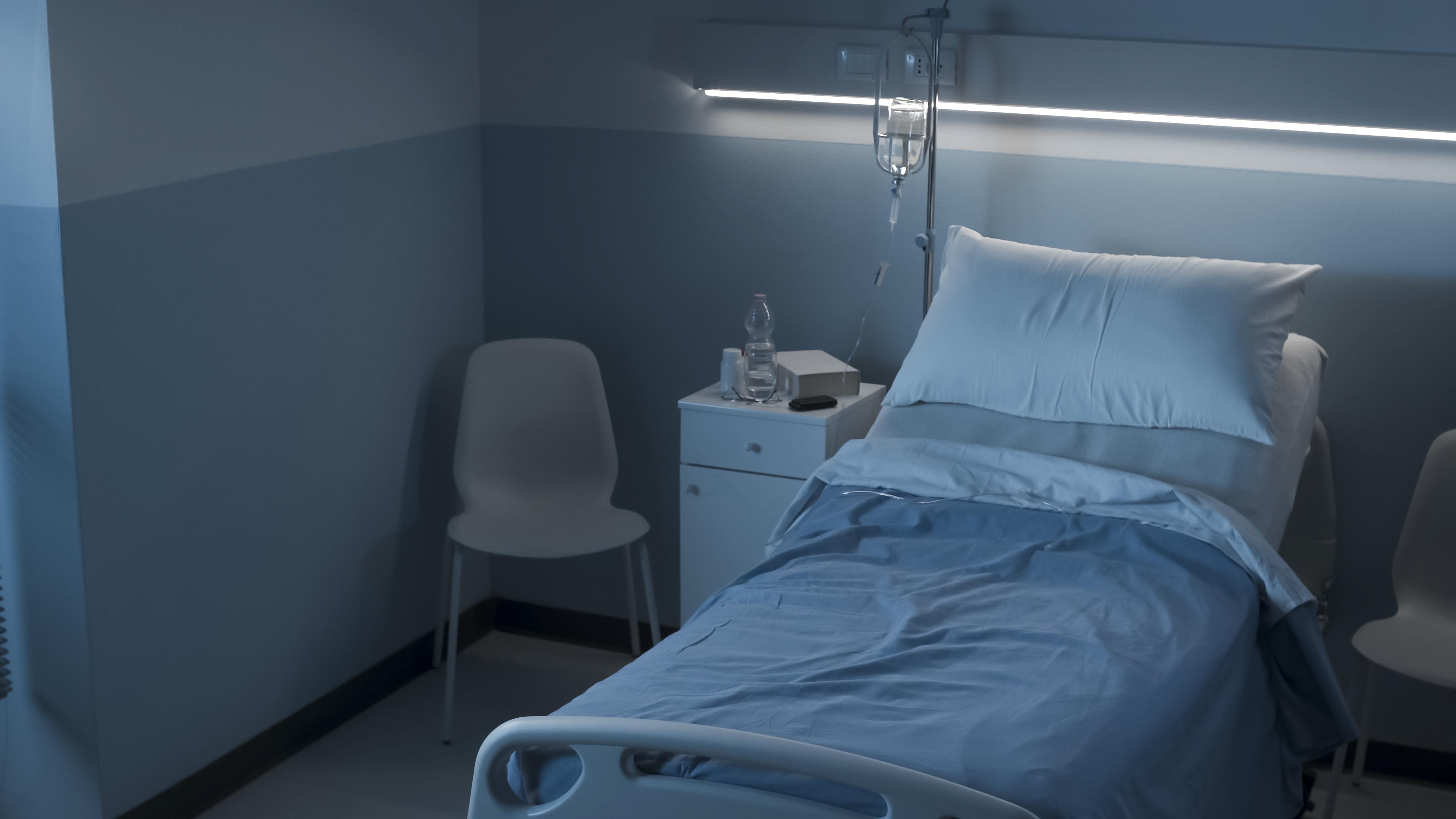INTERVIEW – Surgeon and head of department at the Georges-Pompidou European Hospital, Prof. Fabiani retraces, through anecdotes, the history of the public hospital since the Middle Ages.
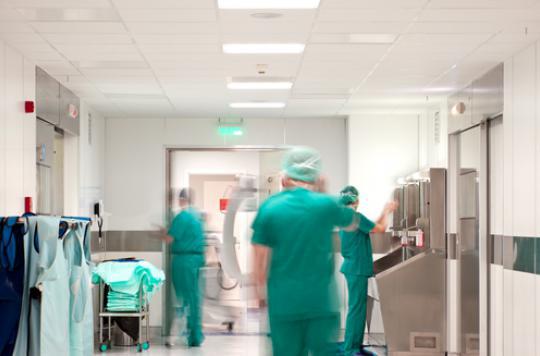
The public hospital, a vast subject of discussion and concern. “The hospital is going badly”: for decades, the fact has been understood, but for all that, this French institution created – we often forget – during the Crusades, still makes many envious among our European neighbors … even further away. The French, for their part, are quick to criticize, and do not hesitate to regularly curb “their” hospital, to which they nevertheless hold so much. For Jean-Noël Fabiani, this secular institution is part of our common heritage, and he decided to tell the “fabulous” story in his latest book *.
Internationally renowned cardiac surgeon, Prof. Fabiani knows what he is talking about: he has been in hospital for more than 30 years, today as head of the cardiovascular surgery and organ transplant service at the hospital. he Georges-Pompidou European Hospital (HEGP) in Paris. Also a teacher of medical history, this time it is the story “with a little h” that he chose to tell in his latest book, not hesitating to mention personal anecdotes. The title sets the tone: It is the hospital that laught at the charity is meant to be a light book, but where the style of the doctor-writer serves his cause: to help better understand the modern hospital and its many blockages, by exploring its past, so rich in lessons.
An inseparable element of the hospital, the on-call rooms have attracted a lot of attention recently. Have they changed a lot since your internship?
Jean-Noël Fabiani – Yes, and in many ways. The guard room that I describe in my book no longer exists. Today, a whole part of the folklore has disappeared, and sometimes these places are more like self-service. You have to realize that there are many more interns today than in my time. On the one hand, because there are more medical students, and on the other hand, because the internship competition is no longer “eliminatory”, it has become a ranking examination to distribute the students between the different specialties. The care rooms are a good marker of the evolution of the profession, the feminization of the profession has also brought about changes. But women are also attached to the maintenance of certain traditions, and to the rifle spirit.
You mention the diversity of positions that coexist within a hospital. How does a department manager manage to harmonize everyone’s work?
Jean-Noël Fabiani – Ah it’s very complicated! But it is also what makes the hospital so popular: everyone defends their work, from the maintenance agent to the surgeon, including the administrative staff. And everyone is quite right. The hospital is also a place where egos clash and at all levels. The challenge is to find the binder. To make sure that everyone is aware of being on the same liner.
In a service, this requires the search for consensus. The Mandarin who imposed his decisions, it’s over. Today, we discuss a lot, together. At the end of the day, the head of the department has to arbitrate, but it is essential that everyone has a voice.
Why does the “French-style” hospital remain a model for many countries, when it is so much maligned in France?
Jean-Noël Fabiani – You have to know how to keep it right. Of course, there are a lot of criticisms we can make about the hospital as it is today, and there is much that could be improved. But it is an institution that works, where everyone can seek treatment and with a high level of care. Whether one is President of the Republic or a simple citizen, justice in care exists, and it is a reality. The French have chosen solidarity for their health and it is a precious asset that we must safeguard.
Could this model no longer exist? Is the public hospital as we have always known it in danger?
Jean-Noël Fabiani – The quality of our hospitals is based on the quality of the caregivers who work there. We currently have a very good level of expertise in France, many of our CHUs (university hospital centers) are centers of excellence, but yes, that could change. French hospital doctors are the lowest paid in Europe. If we do not maintain an attractive level of remuneration, we must expect that more and more practitioners will leave, to the private sector or abroad. The image of the affluent doctor has been conveyed too much, and all sectors are concerned. When today we see consultations at 23 euros for general practitioners, or 25 for specialists, how can we imagine that a doctor is happy at that price?
You work in the most recent of Parisian hospitals. How do you imagine the hospital at 21e century?
Jean-Noël Fabiani: During the 20e century, the hospital has already experienced many changes. Imagine when I first started there were still common rooms with a stove in the middle! HEGP is a technological cathedral, but it addresses concerns that are already a thing of the past. We have entered the era of profitability, it will take establishments designed and designed to improve efficiency. The architecture of hospitals speaks volumes about the concerns of an era. The hospital, both exterior and interior, reflects the evolution of society.

* It is the hospital that laught at the charity – The fabulous history of the hospital from the Middle Ages to the present day, Jean-Noël Fabiani. Editions Les Arènes
.












